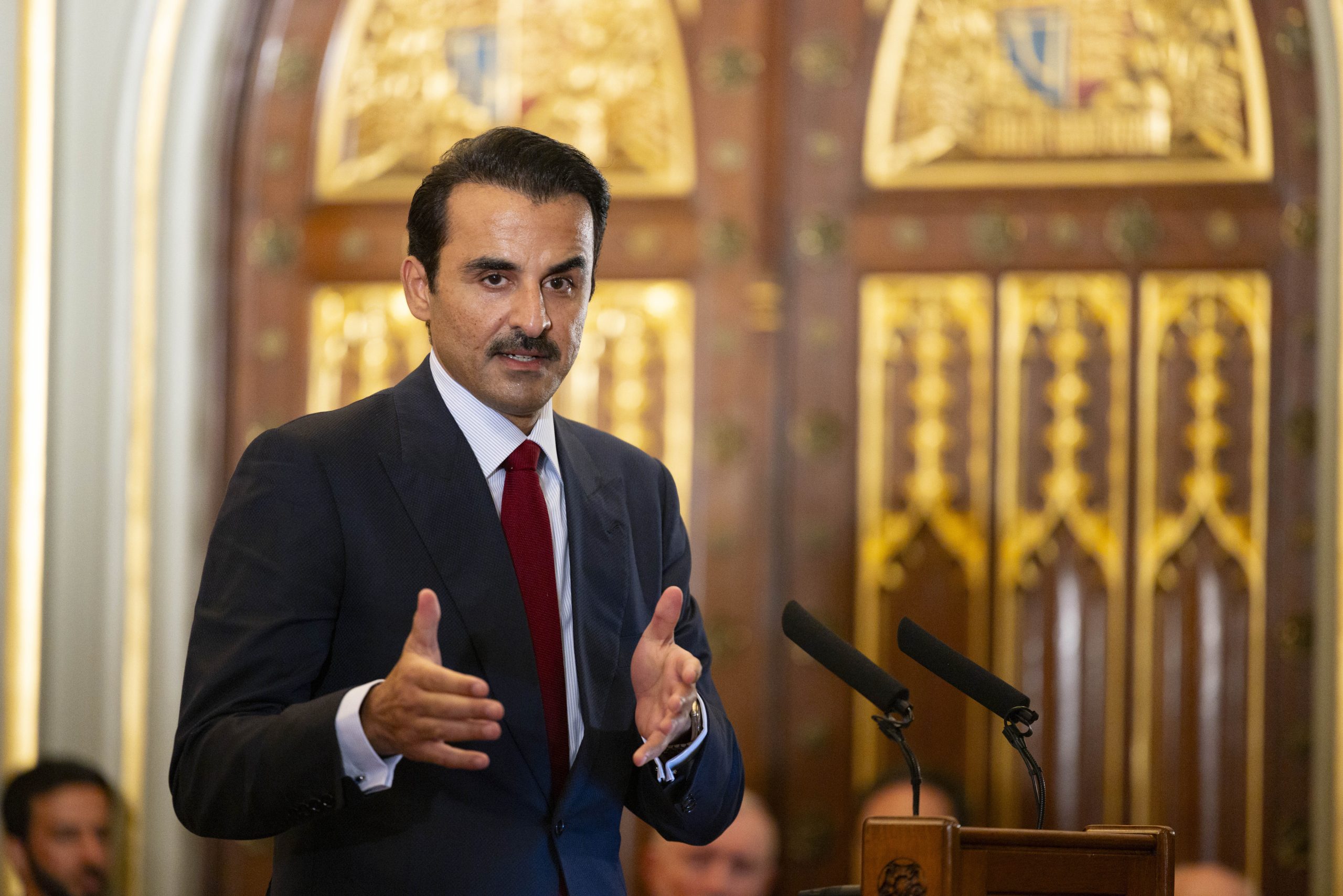
All six GCC countries will experience sharp economic slowdowns in the coming months and throughout 2017, but Qatar is expected to weather the storm better than most, a new report has found.
According to an economic outlook report from BMI Research, next year will mark a “notable divergence in growth” between Qatar, the UAE and the rest of the Gulf states.
Qatar’s economy should improve steadily from 3.1 percent GDP growth this year through 3.6 percent in 2017 to reach 4.1 percent by 2020.

That is some way ahead of the predictions for the other GCC states, with the UAE expected to sit around 2.8 percent growth next year and Saudi Arabia at just 1 percent, the BMI figures show.
Lower global oil prices has spurred Gulf governments to lower subsidies on fuel and utilities, also taxing consumer purchasing power.
Though BMI projects oil prices will rise from an average of US$43.50/barrel the year to $54/barrel in 2017, it said demand will remain lackluster going forward.
While Qatar is predicting a budget deficit for the next three years, it is likely to remain some way below the average forecast deficit of 11 percent of GDP for the region.
In a report in June this year, Qatar’s Ministry of Development, Planning and Statistics (MDPS) revised its predictions to estimate a deficit of 7.8 percent of GDP for this year, rising to 7.9 percent next year.
This is some way larger than the 4.8 percent the ministry said at the end of last year that it was expecting.
However, by 2019, this deficit is expected to shrink to 4.2 percent.
In comparison, Saudi Arabia is looking at a deficit of 11.2 percent of GDP for this year, and 6.8 percent in 2017 before falling to 2.4 percent in 2018, international credit rating agency Fitch said earlier this year.
Private sector focus
On the plus side, economic conditions are prompting governments to enact structural and fiscal reform.
According to BMI, officials across the GCC will turn to private investment in infrastructure projects as a “way to lessen the pain of government cuts.”
The report added:
“We expect to see the public-private partnership (PPP) model gain traction in several sectors, including transport and power, after decades in which governments have had a clear preference for funding projects directly.”
In Qatar, the push to strengthen the private sector was first flagged last year by the Emir Sheikh Tamim bin Hamad Al Thani when he said businesses should stop being “patrons” of the state and that a more robust private sector should to be established.
Earlier this year, the Ministry of Economy and Commerce (MEC) said new rules would be introduced to ease the way for setting up PPPs, to relieve the state of some of its burden.
In a statement at the time, Sheikh Ahmed bin Jassim al-Thani said PPPs would create new opportunities in several sectors, including sports, health and education, where there is a plan to build some dozen schools.

To make it easier for private businesses to hire the right staff, the Prime Minister said earlier this month that the process of getting work visas would be streamlined.
This would be part of the new five-year national development strategy (2017-2022) which will emphasize private sector development, Sheikh Abdullah bin Nasser bin Khalifa Al Thani added.
Thoughts?







